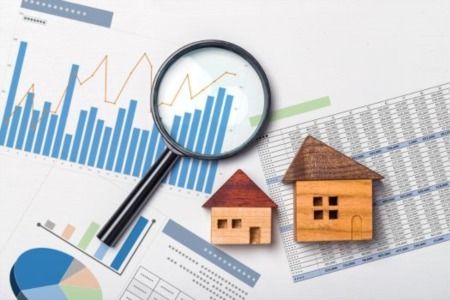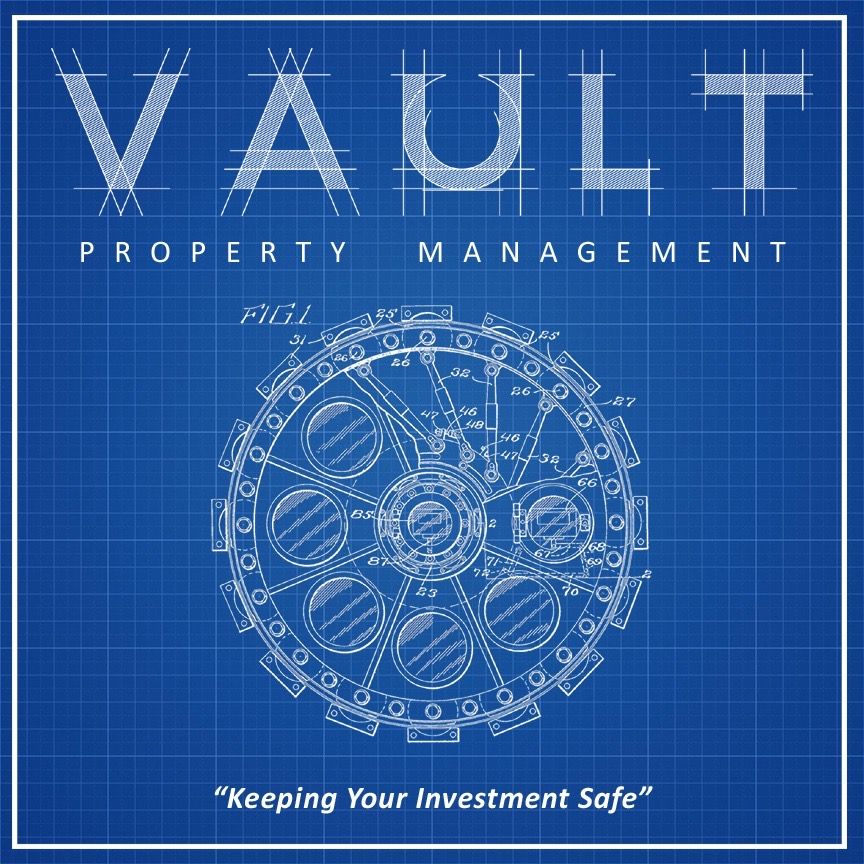Our Blog
Factors That Determine Property Value
In the dynamic world of real estate, the value of a property isn't solely determined by its physical attributes. Various factors come into play, shaping the market's perception and influencing its worth. Whether you're a prospective buyer, seller, or investor, understanding these factors is crucial for making informed decisions. Let's delve into the key elements that contribute to determining the value of a property. 1. State of the Market: The real estate market is subject to fluctuations influenced by economic conditions, interest rates, and supply and demand dynamics. In a seller's market, where demand exceeds supply, property values tend to rise, whereas in a buyer's market, values may stagnate or decrease. Keeping abreast of market trends is essential for gauging the value of a property accurately. 2. The Size of the Property: Size matters when it comes to real estate. Generally, larger properties command higher prices, all else being equal. Buyers often seek spacious living areas, ample storage, and room to grow. However, the value of size is context-dependent, varying across regions and property types. 3. Upgrades and Add-Ons: Renovations, upgrades, and additional features can significantly enhance a property's value. Modern kitchens, updated bathrooms, energy-efficient appliances, and smart home technology are among the amenities that appeal to buyers and contribute to a higher valuation. Investing in strategic improvements can yield a favorable return on investment. 4. How Old The House Is: Age is a determining factor in property valuation. Older homes may possess charm and character, but they could also entail higher maintenance costs and may lack modern conveniences. Newer constructions often boast contemporary designs, energy efficiency, and updated infrastructure, which can positively impact their value. 5. The Location/Neighborhood: Location remains paramount in real estate. Proximity to amenities such as schools, parks, shopping centers, and public transportation can significantly influence a property's desirability and value. Additionally, factors like neighborhood safety, crime rates, and access to quality healthcare and employment opportunities play a crucial role in shaping perceptions of value. 6. The Property's Condition: The overall condition of a property is a fundamental determinant of its value. Well-maintained homes with minimal wear and tear typically command higher prices than those requiring extensive repairs or renovations. Factors such as structural integrity, roofing, plumbing, electrical systems, and the presence of pests or mold can impact valuation assessments. Understanding these key factors empowers stakeholders in the real estate market to make informed decisions. Whether you're a homeowner looking to sell, a buyer searching for the perfect property, or an investor evaluating potential opportunities, considering these aspects is essential for assessing value accurately. Moreover, collaborating with experienced real estate professionals can provide invaluable insights and guidance throughout the process. In conclusion, the value of a property is multifaceted, shaped by a combination of market dynamics, physical attributes, location, and condition. By comprehensively evaluating these factors, individuals can navigate the complexities of real estate transactions with confidence and precision, ultimately achieving their desired outcomes in the dynamic realm of property ownership and investment.
Real Estate Pros







